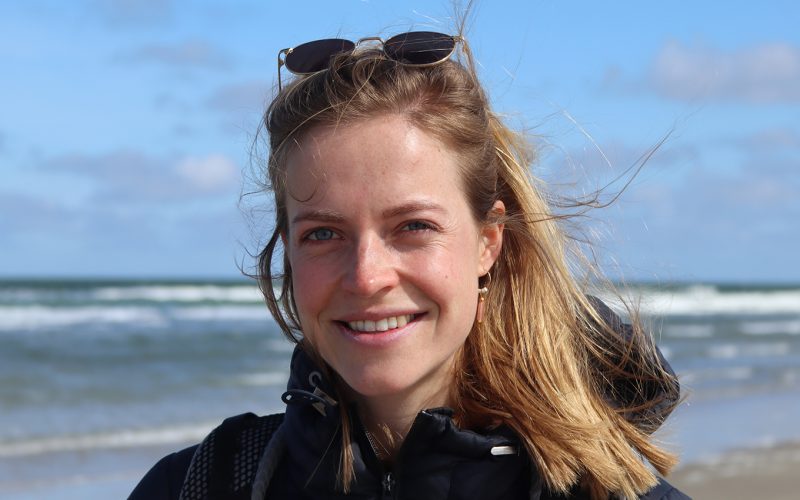Researchers from UMC Utrecht publish a scientific article in The Lancet Global Health on severe RSV infections in young children in low-income countries. PhD student Yvette Löwensteyn made a remarkable choice for this publication. She gave up the first author position. To her four questions:
‘There is a value placed on author positions. The idea prevails that to get a PhD, you need at least several publications as first author. And for follow-up grants, you sometimes must prove that you supervised research as the last author. Furthermore, scientific research is often cited with the first author, journal and year in presentations.’
At the same time, UMC Utrecht is in favour of ‘Science in Transition’, in short, a development to change the publication culture, among other things. Science in Transition is also about the intention to set up the system – of rewarding and valuing researchers, and the resulting working methods – in such a way that publications add more to science.
‘I already had several initial authorships to my name before I came to the realization of how to do things differently. This research team consisted of more than 100 people from different countries. We asked the research partners from each participating country who they thought deserved an author spot. We then opted for group authorship in alphabetical order and listing everyone’s contribution to the research. The main reason for me to approach it this way was to contribute to ‘equitable research partnerships’ – equitable cooperation in research between high-income and low-income countries. The concept of Science in Transition fits well with this.’
‘I think authorship is not the only way to show visibility. Indeed, we need to get rid of the value attached to author spots. In an article you can show what everyone’s contribution to the research has been by mentioning this in, for example, the ‘Contributions’ piece. This is transparent, fair, ánd visible. Openly discuss in your research group the concept of Team Science and what it means for everyone. My supervisor Louis Bont was very positive about the idea of group authorship from the start and wants to see if we can continue with this in our research group.’
‘It would be nice if Open Science becomes more widely supported not only by the UU but also by other universities and bodies (e.g. grant providers) in the Netherlands and abroad. I think it is understandable that big changes like this take time.’
